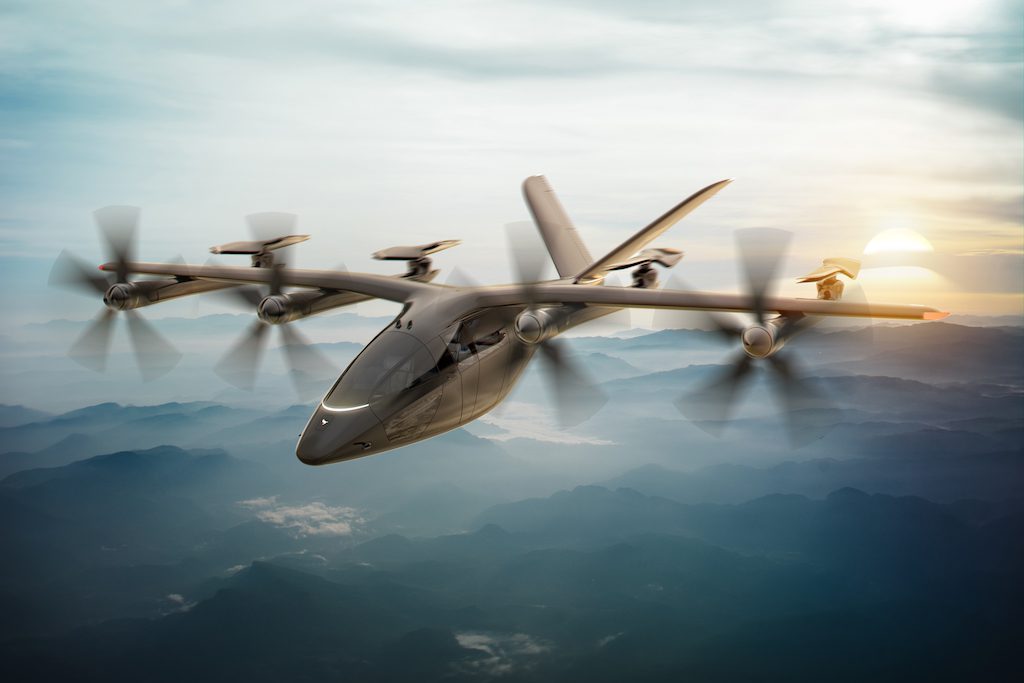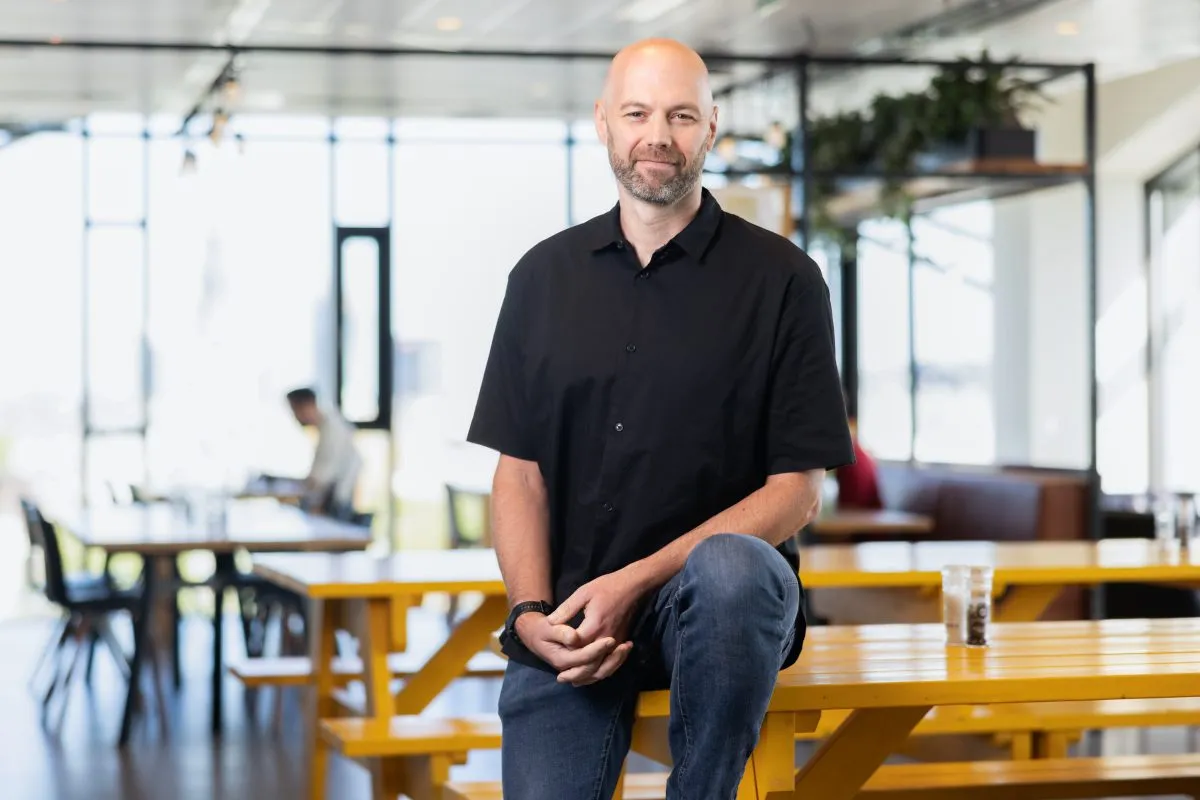American Airlines and Virgin Atlantic Make Multi-Billion Dollar Bet on Electric Aircraft

Skift Take
The idea of a future where travelers can be whisked above traffic from downtown locales straight to airports where they can catch flights to anywhere in the world is gaining traction. No, we're not talking about helicopters but rather low-emission electric vertical takeoff and landing — or eVTOL — aircraft.
American Airlines, the largest carrier in the world, aircraft leasing giant Avolon, and Virgin Atlantic Airways are the latest to bet on this new breed of planes. American has committed to up to 250 VA-X4 eVTOLs from Vertical Aerospace, Avolon another up to 500 aircraft, and Virgin Atlantic a purchase option for up to 150. The combined deals are worth roughly $4 billion if the UK-based developer can fulfill its end of the bargain and certify the four-passenger plane by 2024 as promised.
At the same time, Vertical Aerospace will go public in the U.S. through a special purpose acquisition company (SPAC) deal with Broadstone Acquisition valued at $2.2 billion. American will invest $25 million, alongside investments from Avolon, Honeywell, Microsoft and Rolls-Royce.
"This is the most exciting time in aviation for almost a century," Vertical Aerospace founder and CEO Stephen Fitzpatrick said on Thursday. "Electrification will transform flying in the 21st century in the same way the jet engine did 70 years ago."
The promise of eVTOLs is tempting. Developers, which include Archer Aviation and Joby Aviation, tout a future where low-emission electric aircraft wizz travelers around large and congested metropolitan areas quickly and quietly. Who wouldn't want a seven-minute ride from Manhattan to JFK airport? With frequent, at-the-ready service envisioned, the planes are seen as the equivalent to an Uber in the sky.
But for all the buzz surrounding urban air mobility, eVTOLs face numerous hurdles. Few aircraft are more than glossy renderings and even fewer actually flown with none anywhere close to being certified by the Federal Aviation Administration or another global regulator.
Archer plans to roll out its first Maker aircraft this month and begin deliveries to United Airlines in 2024. United has a commitment for up to 200 Maker aircraft. Vertical Aerospace also plans roll out the VA-X4 later this year with American saying certification will come in 2024.
A three-year certification window is a very tight timeline for both eVTOL developers. Sign off on a completely new segment of aircraft will require entirely new processes from the FAA, all of which will take time. And no regulator is known for being fast, even when it comes to well established manufacturers updating existing planes. For example, it took more than a year for Airbus to certify putting a new engine on the venerable A320.
“Don’t expect this to happen in three-to-five years, it’s probably five-to-seven years away," Atmosphere Research co-founder and travel industry analyst Henry Harteveldt said on United's eVTOL timeline after it announced the Archer deal in February.
Still, all the buzz is seen as good for the eVTOL segment whenever it actually begins ferrying travelers. Also in February, Blade Urban Air Mobility Founder and CEO Robert Wiesenthal called the United-Archer deal a "great thing for the industry" even as he expressed skepticism in the timeline.
The latest eVTOL commitments from American, Avolon and Virgin Atlantic come amid an increasing focus on sustainability at airlines. Most major carriers have commitments to go carbon neutral by the middle of the century with an emphasis placed on a wide range of initiatives from sustainable aviation fuels to carbon storage technologies and electric aircraft. Also on Thursday, United unveiled a new up to $200 million venture capital fund United Airlines Ventures focused on new technology and sustainability initiatives.
“Emerging technologies are critical in the race to reduce carbon emissions," said Derek Kerr, chief financial officer of American, on its Vertical Aerospace deal.
Skift’s in-depth reporting on climate issues is made possible through the financial support of Intrepid Travel. This backing allows Skift to bring you high-quality journalism on one of the most important topics facing our planet today. Intrepid is not involved in any decisions made by Skift’s editorial team.




